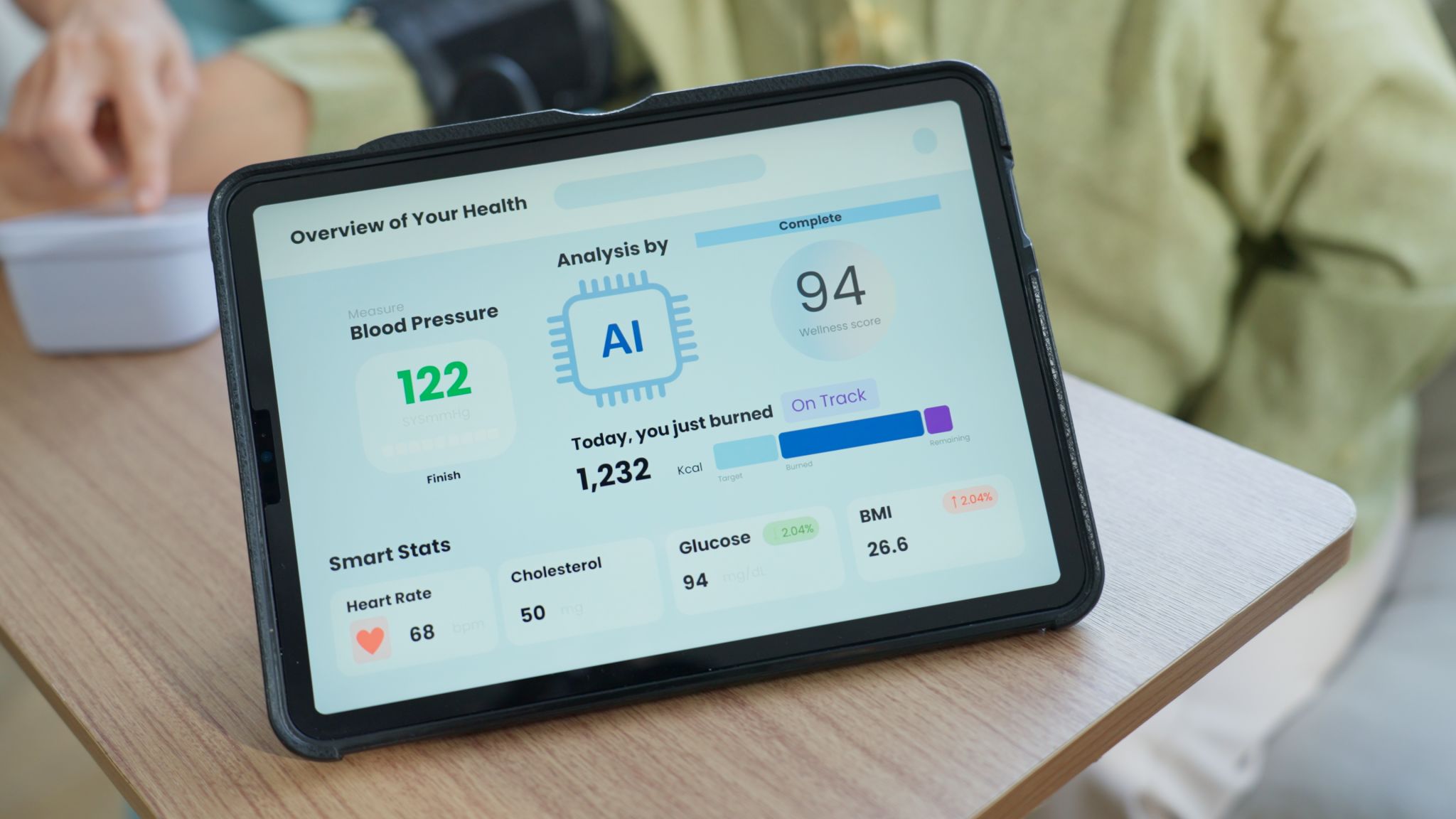Case Study: Success Stories in Personalized Healthcare Services in the UK
Introduction to Personalized Healthcare
The healthcare sector in the UK has been evolving rapidly, with personalized healthcare services gaining significant traction. These services tailor medical treatment to individual characteristics, ensuring more effective and efficient care. This approach is transforming patient experiences and outcomes, as healthcare providers leverage data and technology to offer customized solutions.
One of the key drivers of personalized healthcare is the integration of big data and AI technologies. By analyzing vast amounts of patient data, healthcare professionals can predict disease risks and recommend personalized treatment plans. This marks a shift from the traditional one-size-fits-all approach to a more targeted strategy.

Case Study 1: Genetic Screening for Cancer Treatment
A prominent example of personalized healthcare in the UK is genetic screening for cancer treatment. By identifying genetic mutations that may lead to cancer, healthcare providers can offer early intervention strategies. Patients benefit from tailored treatment plans that target specific genetic profiles, improving the effectiveness of therapies.
In a recent case, a patient with a family history of breast cancer underwent genetic screening. The results revealed a mutation in the BRCA1 gene, which significantly increased her risk of developing cancer. Armed with this information, her healthcare provider designed a proactive surveillance and prevention plan, including regular screenings and lifestyle modifications.

Case Study 2: Digital Health Platforms for Chronic Disease Management
Another success story in personalized healthcare comes from digital health platforms designed for chronic disease management. These platforms utilize wearable technology and mobile apps to monitor patient health metrics in real-time. Patients with conditions like diabetes and hypertension can receive personalized feedback and recommendations based on their data.
One notable example is a digital platform used by a group of GPs in London. By integrating patient data from wearable devices, they provided personalized coaching to help patients manage their conditions more effectively. This approach led to improved patient adherence to treatment plans and better overall health outcomes.

Case Study 3: Personalized Mental Health Care
The realm of mental health care has also seen significant advancements through personalization. Mental health services now employ tailored therapeutic approaches based on individual patient needs and preferences. This includes personalized therapy sessions, medication plans, and support systems.
In a pilot program conducted in Manchester, mental health professionals used patient data to create individualized therapy plans. This approach not only enhanced patient engagement but also resulted in significant improvements in mental health outcomes compared to traditional methods.
Challenges and Future Prospects
Despite these success stories, personalized healthcare faces challenges such as data privacy concerns and the need for robust infrastructure. However, as technologies continue to evolve, these challenges are being addressed through improved data protection measures and investments in healthcare infrastructure.
The future of personalized healthcare in the UK looks promising. As more healthcare providers adopt this approach, patients can expect more targeted and effective treatments. Continued collaboration between technology companies and healthcare providers will be crucial in driving these advancements further.

Conclusion
Personalized healthcare services are revolutionizing the way medical care is delivered in the UK. Through the integration of data-driven solutions and patient-centric approaches, these services offer immense potential for improving patient outcomes. As the sector continues to grow, it is essential for stakeholders to work together to overcome challenges and ensure that personalized healthcare becomes accessible to all.
